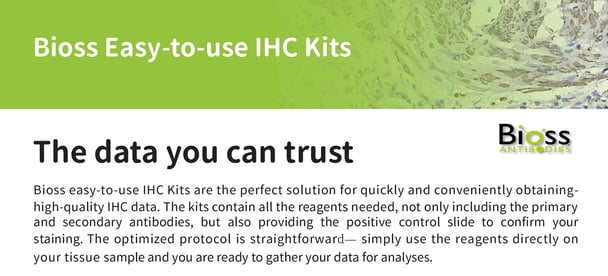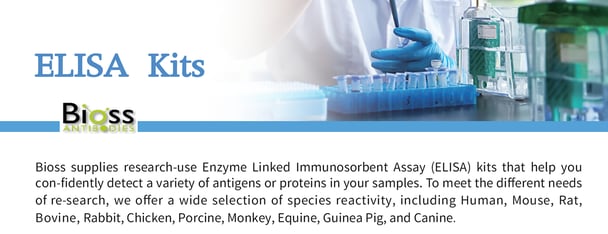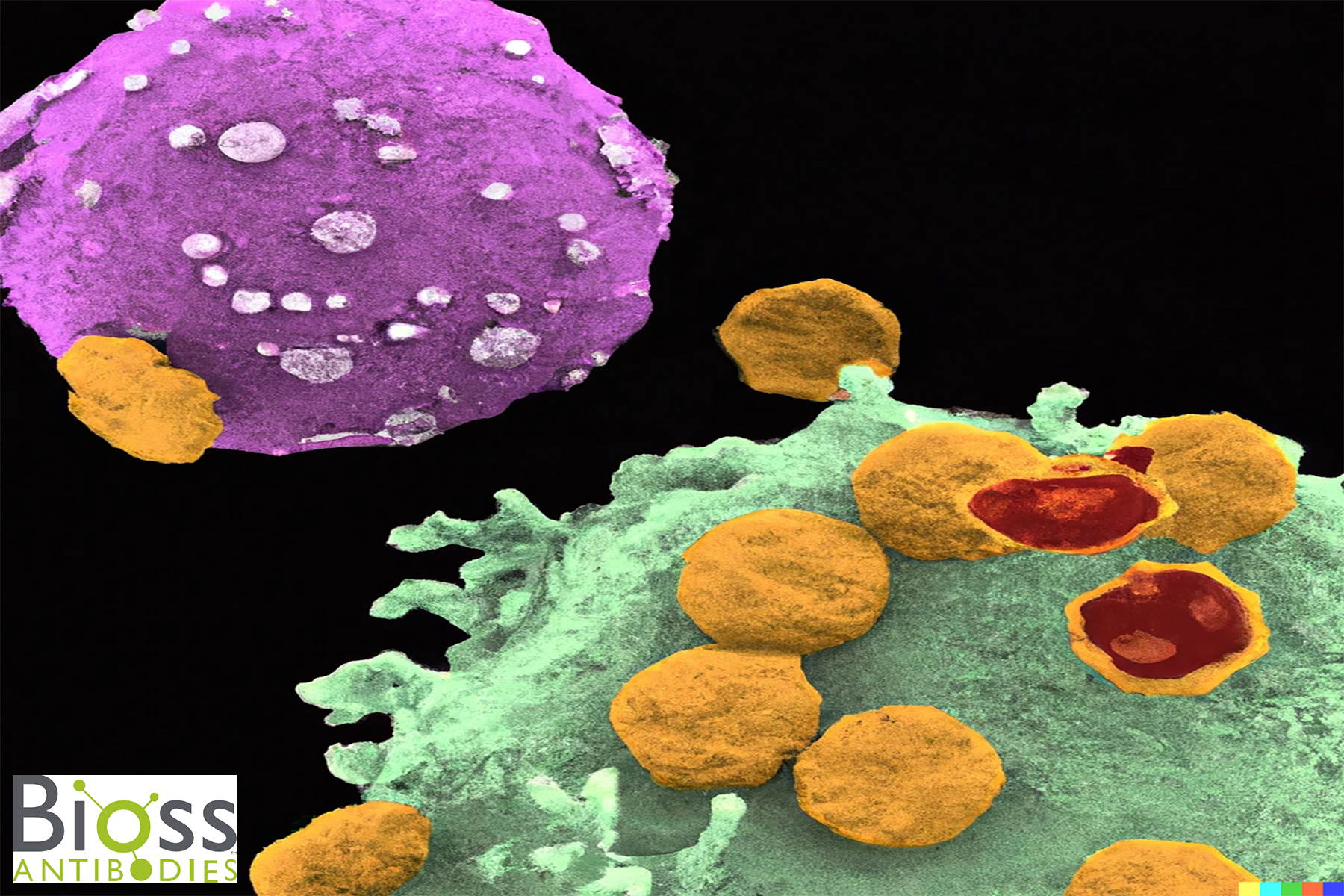An encouraging number of cancer treatments are built around the patient's own immune system. This involves increasing the immune response to cancer or teaching the immune system to identify and fight the disease. T cells, an immune system component that learns to recognize and battle viruses, can be trained to recognize certain cancer antigens. For instance, in CAR T-cell therapy, the T cells are removed from the patient, programmed to identify a specific cancer antigen, and reintroduced back into the person. However, since there are many cancer antigens, it can be challenging to determine which ones will be most effective for a given tumor.

To overcome this barrier, the ideal way is to give T cells complete information about the cancer and make T cells more capable of launching a comprehensive assault on the cancer. Vaccines are a great example of this as they function as a trainer providing the immune system with the necessary information to identify pathogens. This works because antigen presenting cells (APCs) gather pieces of the pathogen and present them to the T cells so that they will understand how to find the pathogen and destroy it. Something similar in cancer is that if APCs gather the vast array of antigens that characterize a cancer cell, T cells will have a better chance of initiating a full-scale attack against the cancer.
Undoubtedly, a cancer cell would have more precise cancer antigens than any other cells. Consequently, transforming the cancer cell into an APC will provide us with a brand-new strategy to combat cancer. Notably, the pilot study has begun, and scientists at Stanford University published some new progress in Cancer Discovery on March 1st. Given that the technology to transform from one type of cell to another is becoming increasingly sophisticated, they hypothesized that if cancer cells were transformed into macrophages, a type of APC, then these APCs could naturally instruct T cells to recognize and attack cancer. This reasoning was based on the fact that these macrophage cells would carry the same antigens as the cancer cells they originated from.

To test their idea, the researchers programmed mouse leukemia cells to transform themselves into APCs. After the reprogrammed leukemia cells were introduced to the mouse immune system, the mice successfully cleared the cancer. More interestingly, further experiments revealed that the APCs were successfully sensitizing T cells to the cancer and that the immune system was able to "remember" the instruction even after 100 days. The researchers also tested if this strategy works with solid tumors, such as mouse fibrosarcoma, breast cancer, and bone cancer. Although transforming cancer cells from solid tumors was not as efficient as leukemia, creating tumor-derived APCs still led to improved survival.
Lastly, the researchers conducted a promising experiment by returning to the original type of acute leukemia. When they exposed human leukemia cell-derived APCs to human T cells from the same patient, they saw the expected signs of the APCs teaching the T cells to target leukemia. Subsequently, they demonstrated that reprogrammed tumor cells could result in a long-lasting and systemic strike on the cancer in mice and a similar reaction with human patient immune cells. In the future, tumor cells could be extracted, converted into APCs, and then administered to patients as a therapeutic cancer vaccine.
------------------------------------------------------------------------
Citation
Miles H. Linde, Amy C. Fan, Thomas Kohnke, etc. Reprogramming Cancer into Antigen Presenting Cells as a Novel Immunotherapy. Cancer Discov 2023; https://doi.org/10.1158/2159-8290.CD-21-0502
